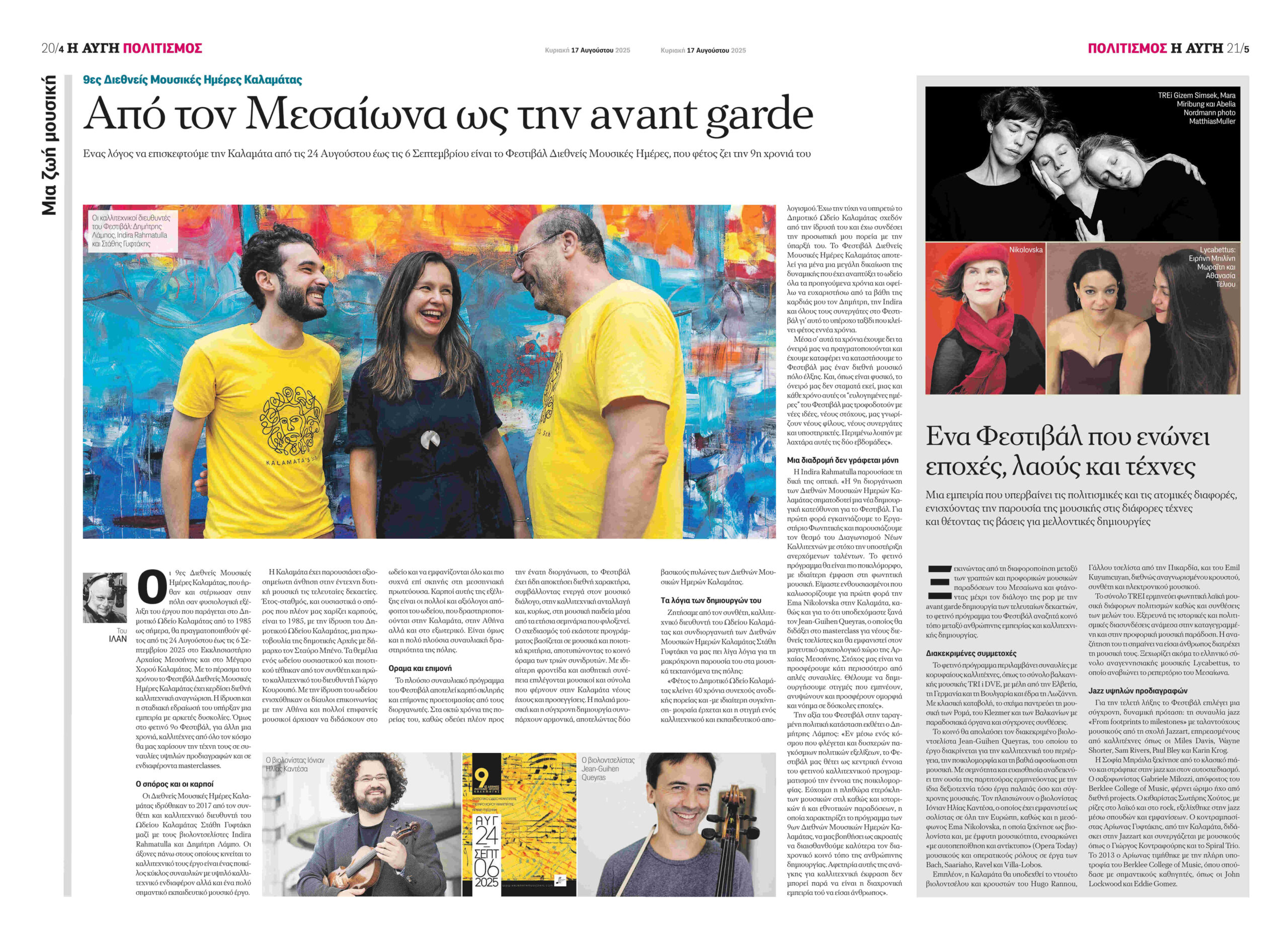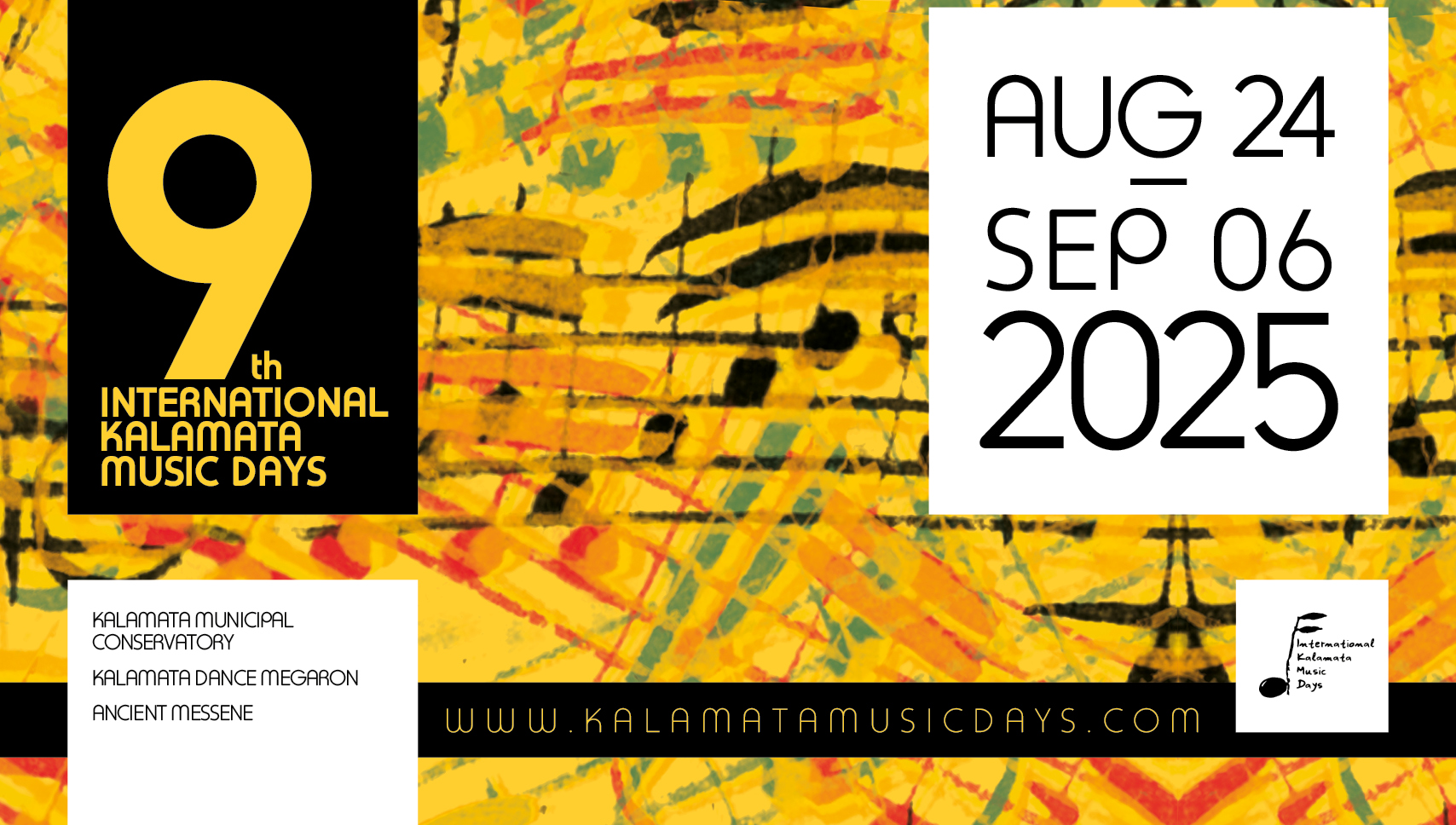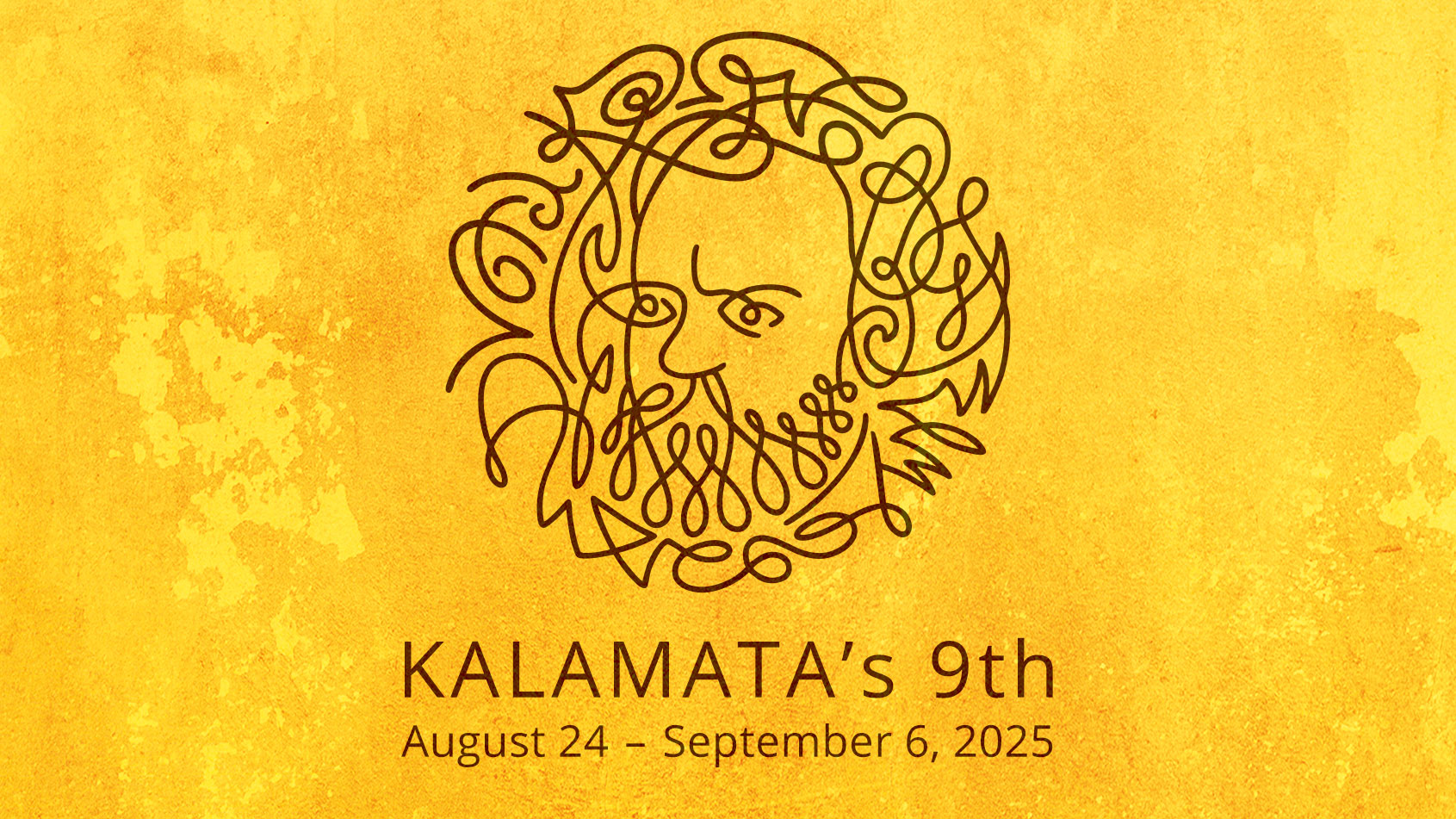From the Middle Ages to the avant-garde – Special feature in “I Avgi” Newspaper (English transl.)
I Avgi, Sunday, August 17, 2025, pp. 20–21. Also published online here.
by ILAN SOLOMON (the following text is a translation of the Greek article)
One more reason to visit Kalamata between 24 August and 6 September is the festival International Kalamata Music Days, now in its 9th year.
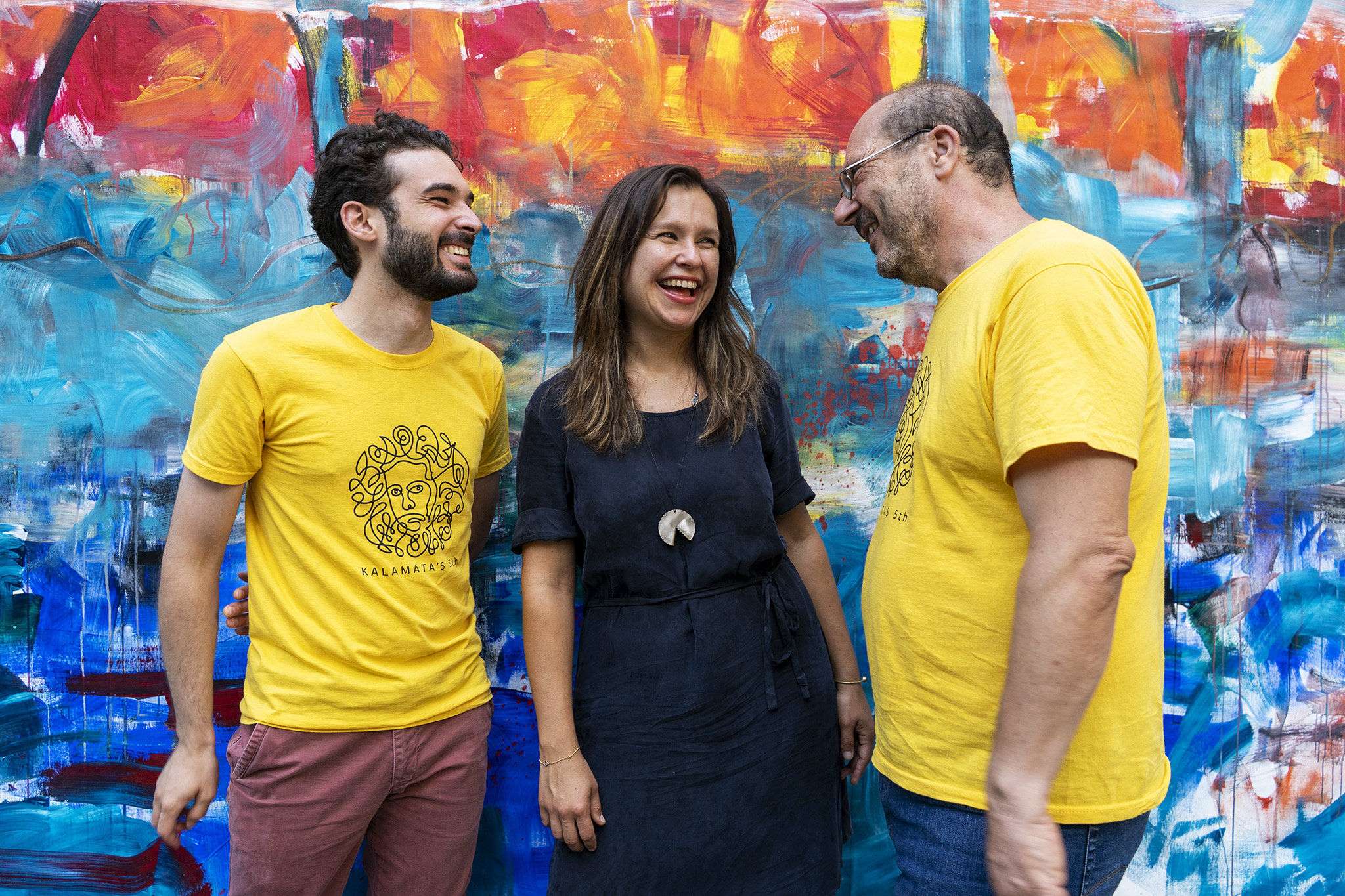
The artistic directors of the Festival: Dimitrios Lampos, Indira Rahmatulla and Stathis Giftakis / photo: Angel Sifontes
The 9th International Kalamata Music Days, which have taken root in the city as a natural continuation of the work developed at the Municipal Conservatory of Kalamata since 1985, will be held this year from 24 August to 6 September 2025 at the Ecclesiasterion of Ancient Messene and the Kalamata Dance Megaron. Over time, the Festival has earned international artistic recognition. Its establishment and gradual consolidation were not without difficulties. Yet, at this year’s 9th Festival, once again, artists from around the world will share their art with us in concerts of the highest standard and in stimulating masterclasses.
Roots and growth
The International Kalamata Music Days were founded in 2017 by composer and artistic director of the Kalamata Conservatory, Stathis Giftakis, together with cellists Indira Rahmatulla and Dimitrios Lampos. Their artistic vision rests on two main pillars: a varied concert cycle of high artistic value and an equally important educational project.
Kalamata has seen remarkable growth in Western art music over recent decades. The milestone year – the seed that now yields fruits – was 1985, when the Municipal Conservatory of Kalamata was founded, an initiative of the municipal authority led by mayor Stavros Benos. The foundations of a substantial and high-quality conservatory were laid by composer and its first artistic director, Giorgos Kouroupos. With the establishment of the Conservatory, communication channels with Athens were strengthened, and many eminent musicians began teaching at the Conservatory and appearing increasingly often on stage in the capital of Messenia. The fruits of this development are the many capable graduates of the Conservatory, now active in Kalamata, Athens, and abroad, as well as the city’s rich concert life.
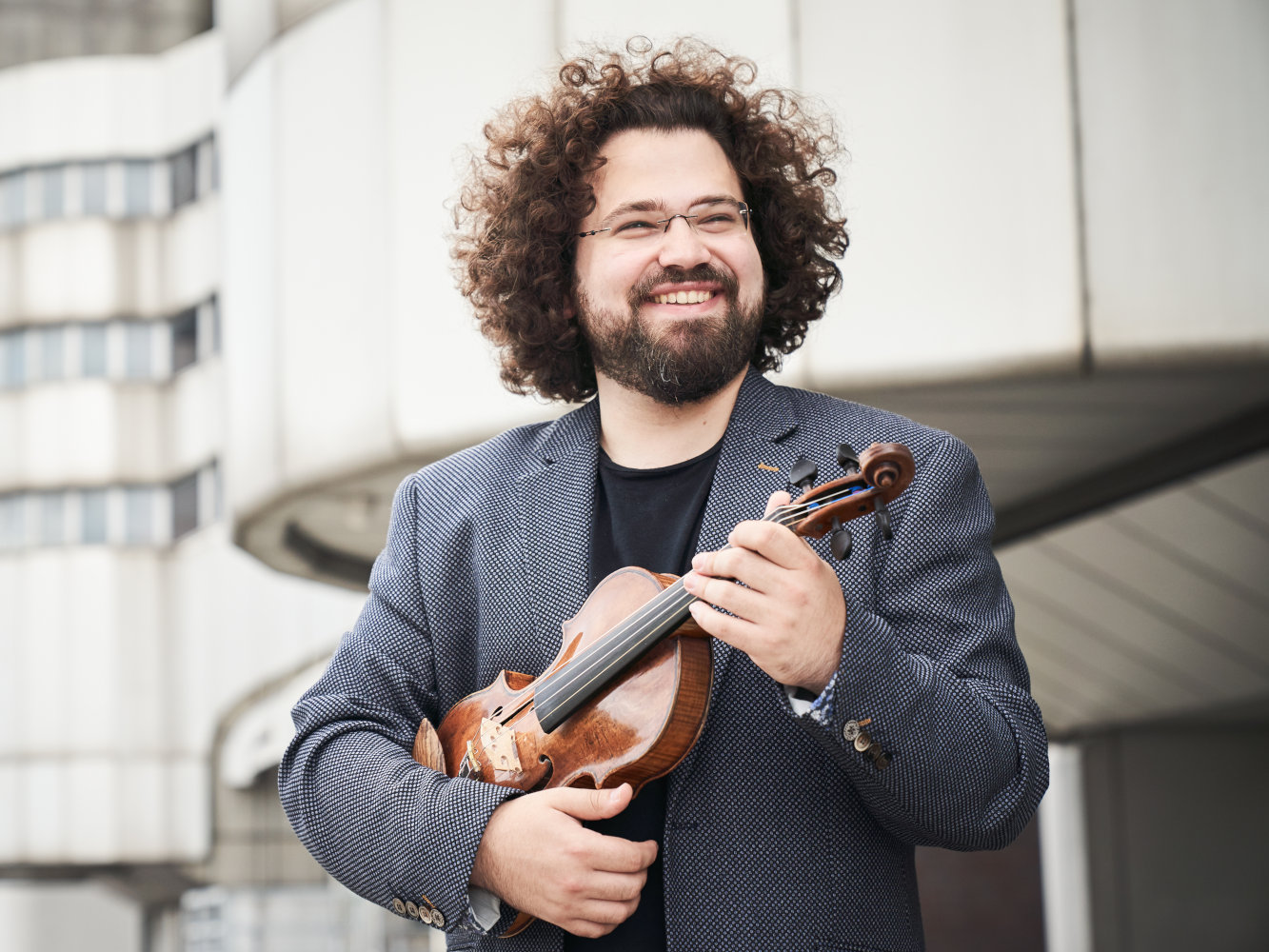
The violinist Jonian Ilias Kadesha / photo: Kaupo Kikkas
Vision and perseverance
The Festival’s rich concert programme is the result of painstaking and persistent preparation by its organisers. In its eight years of existence, as it now approaches its ninth edition, the Festival has already acquired an international character, actively contributing to musical dialogue, artistic exchange and, above all, to music education through the annual seminars it hosts. The design of each programme is based on musical and qualitative criteria, reflecting the shared vision of the three co-founders. With particular care and aesthetic consistency, musicians and ensembles are selected who bring new sounds and approaches to Kalamata. Early music and contemporary creation coexist harmoniously, forming two key pillars of the International Kalamata Music Days.
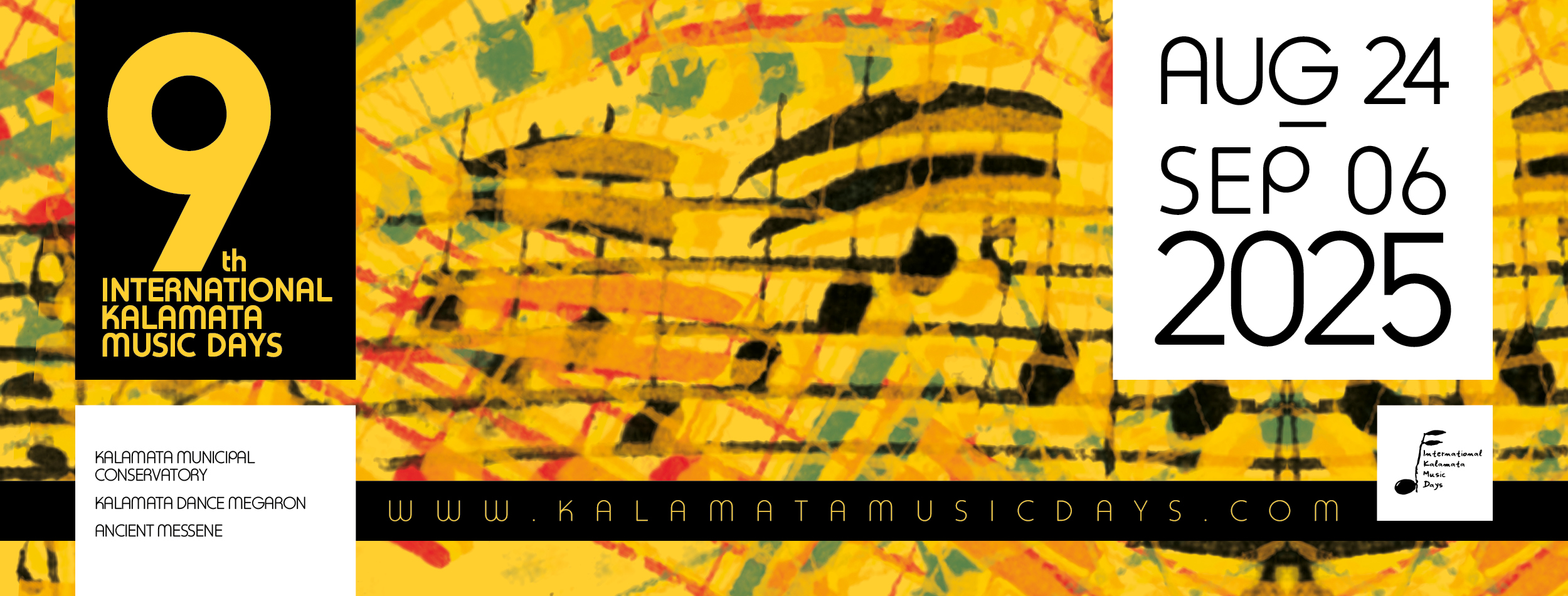 Voices of the founders
Voices of the founders
We asked composer, artistic director of the Kalamata Conservatory, and co-organiser of the International Kalamata Music Days, Stathis Giftakis, to share a few words about his long-standing presence in the city’s musical life:
“This year, the Municipal Conservatory of Kalamata marks 40 years of continuous progress and – with deep emotion – the moment of an artistic and educational reckoning inevitably arrives. I have had the good fortune to serve the Conservatory almost from its very foundation, and I have linked my personal journey with its existence. For me, the International Kalamata Music Days are a great vindication of the dynamic growth the Conservatory has fostered over the years, and I must thank from the bottom of my heart Dimitrios, Indira and all the collaborators of the Festival for this wonderful journey that now celebrates its ninth year.
Over these years, we have seen our dreams come true and managed to establish our Festival as an international pole of musical attraction. And, naturally, our dream does not end there, since every year these ‘blessed days’ of the Festival nourish us with new ideas, new goals, introduce us to new friends, collaborators, and supporters. I therefore look forward eagerly to these two weeks.”
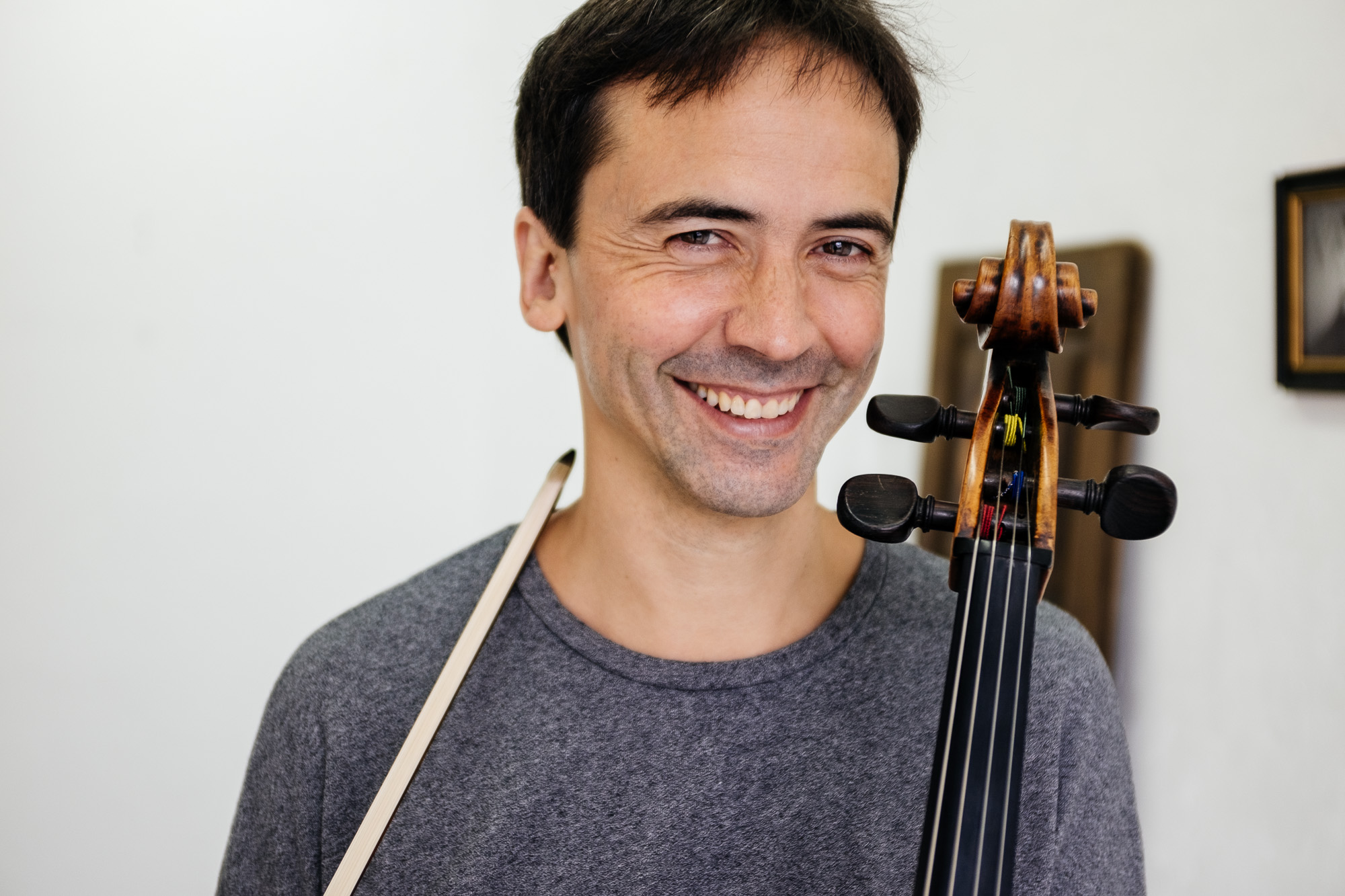
The cellist Jean-Guihen Queyras
Indira Rahmatulla shared her perspective:
“The 9th edition of the International Kalamata Music Days signals a new creative direction for the Festival. For the first time, we inaugurate the Vocal Workshop and introduce the Young Artists’ Competition, aimed at supporting emerging talent. This year’s programme will be more diverse, with a particular emphasis on vocal music. We are thrilled to welcome Ema Nikolovska to Kalamata for the first time, and to once again host Jean-Guihen Queyras, who will teach in the masterclass for young international cellists and perform in the enchanting archaeological site of Ancient Messene. Our aim is to offer more than mere concerts. We want to create moments that inspire, uplift, and bring beauty and meaning to difficult times.”
Dimitrios Lampos highlighted the Festival’s value in today’s turbulent political climate:
“Amidst a world in flames and challenging global political developments, our Festival places diversity at the heart of this year’s artistic programming. I hope that the abundance of diverse musical styles as well as historical and ethnic traditions, which characterise the programme of the 9th International Kalamata Music Days, will help us as listeners to perceive more deeply the timeless common ground of human creativity. The starting point for this need for artistic expression can be nothing other than the perennial experience of being human.”
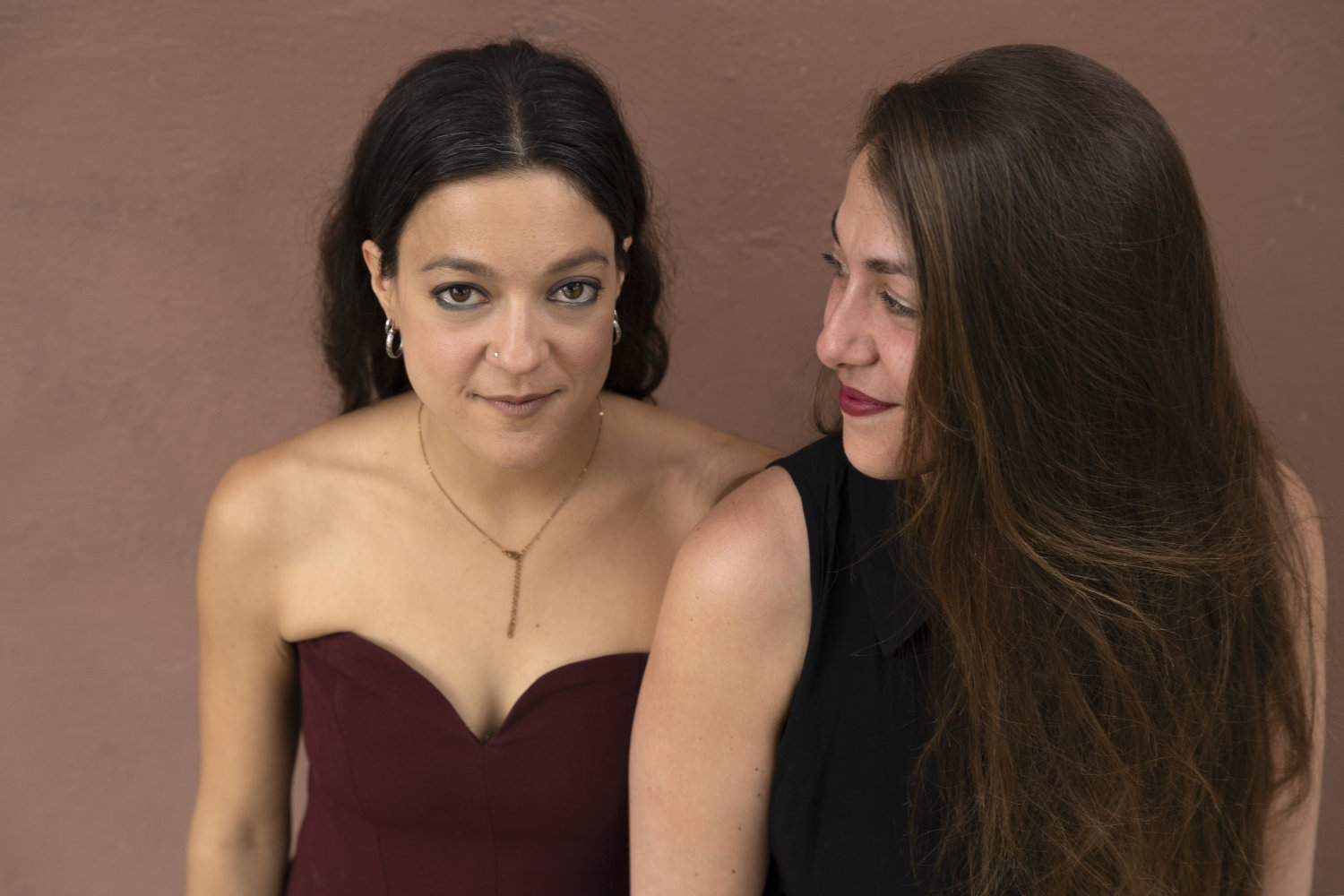
The Greek Renaissance music ensemble Lycabettus: Irini Bilini-Moraiti and Athanasia Teliou
A Festival that bridges eras, peoples and arts
An experience that transcends cultural and individual differences, enhancing music’s presence across the arts and laying the groundwork for future creations.
From the distinction between written and oral musical traditions of the Middle Ages to the dialogue between pop and avant-garde creation in recent decades, this year’s Festival seeks the common ground between human experience and artistic creation.
Distinguished participants
This year’s programme includes concerts by leading artists such as the Balkan music ensemble TRI i DVE, comprising members from Switzerland, Germany and Bulgaria, based in Lausanne. With a classical foundation, the group fuses Roma, Klezmer and Balkan music with traditional instruments and contemporary compositions.
Audiences will also enjoy the distinguished cellist Jean-Guihen Queyras, renowned for his artistic curiosity, versatility and deep dedication to music. With humility and sensitivity, he reveals the essence of the score, performing with equal mastery works of early and contemporary music. He will be joined by violinist Jonian Ilias Kadesha, who has appeared as a soloist across Europe, as well as mezzo-soprano Ema Nikolovska, who began as a violinist and, with innate musicality, embodies musical and operatic roles “with confidence and impact” (Opera Today), in works by Bach, Saariaho, Ravel and Villa-Lobos.
Kalamata will also host the duo of cellist Hugo Rannou, from Picardy, France, and internationally acclaimed percussionist, composer and electronic musician Emil Kuyumcuyan.
The ensemble TRËΙ interprets vocal folk music from various cultures as well as original compositions by its members, exploring the historical and cultural connections between written and oral musical traditions. Their work is imbued with the search for what it means to be human. Another highlight is the Greek early music ensemble Lycabettus, which revives Medieval repertoire.
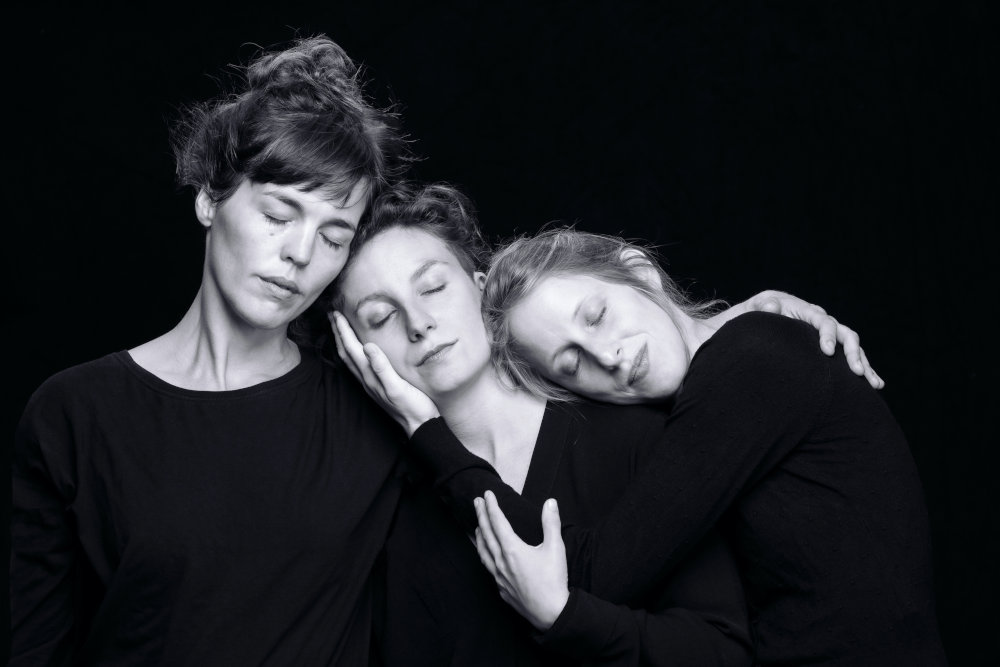
TRËi: Abélia Nordmann, Gizem Şimşek, Mara Miribung / photo: Matthias Müller
Jazz of the highest standards
For the closing ceremony, the Festival presents a modern, dynamic proposal: the jazz concert “From Footprints to Milestones”, featuring talented musicians from the Jazzart school, influenced by artists such as Miles Davis, Wayne Shorter, Sam Rivers, Paul Bley and Karin Krog.
Sofia Braila began with classical piano before turning to jazz and improvisation. Saxophonist Gabriele Milozzi, a Berklee College of Music graduate, brings a mature sound shaped by international projects. Guitarist Sotiris Choutos, with roots in folk and rock, developed in jazz through study and performance. Double bassist Arionas Gyftakis, from Kalamata, teaches at Jazzart and collaborates with musicians such as Giorgos Kontrafouris and the Spiral Trio. In 2013, Arionas was awarded a full scholarship at Berklee College of Music, where he studied with distinguished professors such as John Lockwood and Eddie Gomez.
